Keywords: Catholic Aid Agency
-
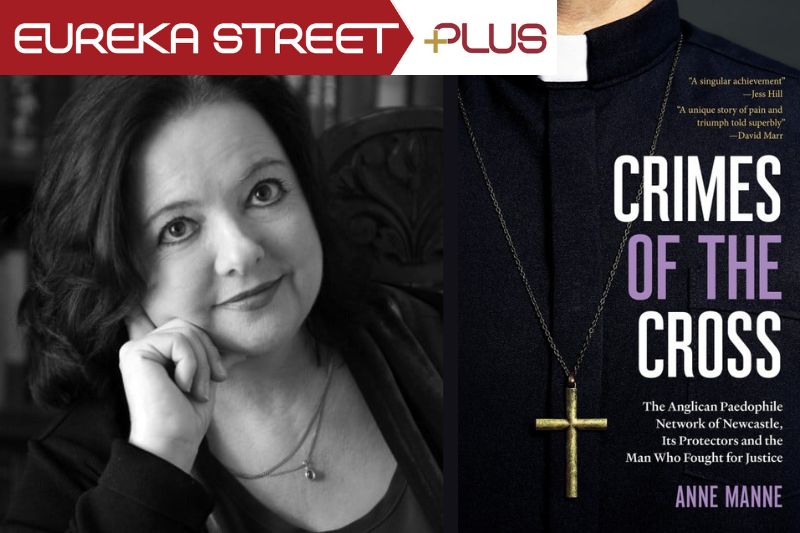
ARTS AND CULTURE
Recent years have made clerical child sexual abuse a badge of shame within Australia’s Catholic hierarchy, and rightly so. But Anne Manne’s new book, Sins of the fathers, will give pause to those who blame these offences on the rule of hieratic celibacy.
READ MORE 
-

EDUCATION
- Michael Furtado
- 28 September 2023
38 Comments
As Australia grapples with educational inequality, those in the Catholic education system must ask: how do we test for a clear commitment to Catholic Social Teaching and the seminal role it plays in enunciating the guiding principles of Catholic education, particularly in regard to it being offered, ‘first and foremost … to the poor’?
READ MORE
-
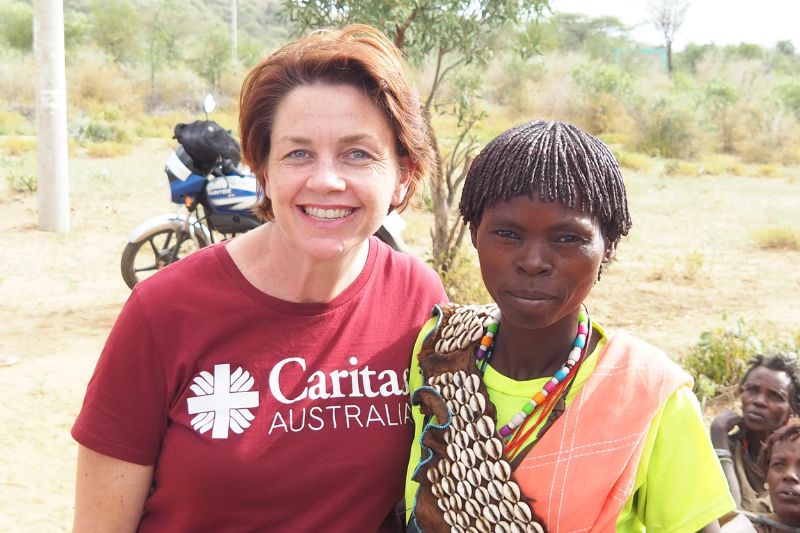
INTERNATIONAL
- Kirsty Robertson
- 10 August 2022
2 Comments
Last month I travelled to Ethiopia, visiting an IDP (Internally Displaced Persons) camp filled with thousands of people facing a hunger crisis. The triple threats of conflict, COVID and climate have created the perfect storm, with serious impacts on countries that depend heavily on grain, fuel and fertiliser imports from Russia or Ukraine, including Yemen, Somalia, Ethiopia and Sudan.
READ MORE 
-
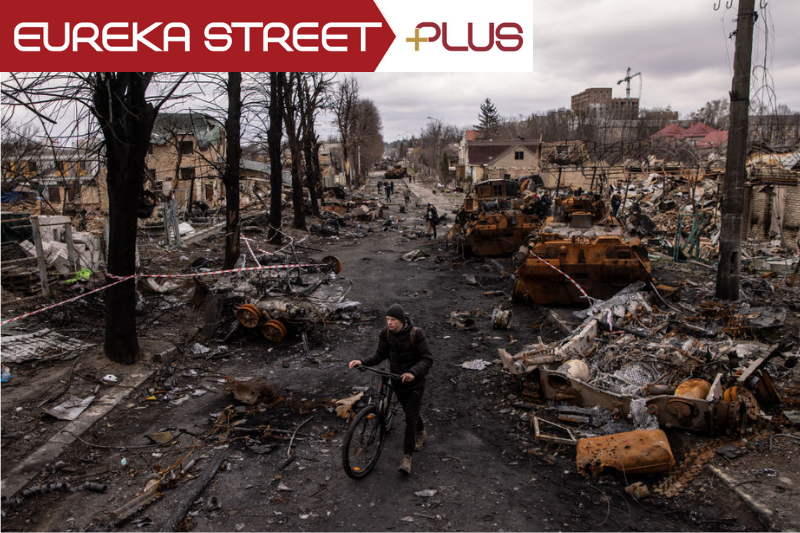
INTERNATIONAL
- Andrew Hamilton, David Halliday, Michele Frankeni, Stewart Braun
- 19 May 2022
5 Comments
We are now three months into the Ukraine war. From an invasion it has turned into a war of attrition that has cost many lives, displaced civilians, destroyed cities, and led to sanctions and the making of alliances with effects that have spread suffering far beyond Ukraine. In this Roundtable, Andrew Hamilton SJ, David Halliday, Michele Frankeni and Dr Stewart Braun explore the ethics of the war and likely paths to peace.
READ MORE 
-
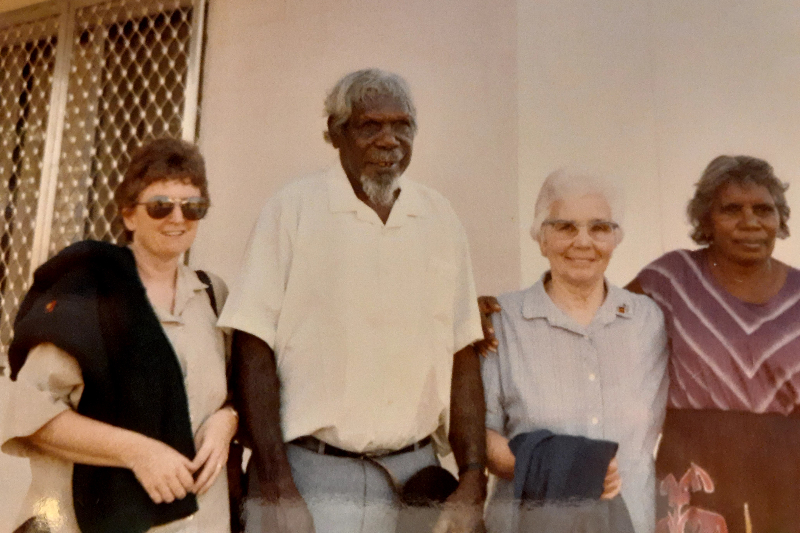
AUSTRALIA
- Paul Cleary
- 21 September 2021
1 Comment
In the late 1970s, two Mercy sisters answered a call to work with Aboriginal people, and they chose a place in the Pilbara region of Western Australia that had a notorious reputation. Sisters Bernadette Kennedy and Bernadine Daly arrived in the largely Aboriginal town of Roebourne in Australia’s north-west in mid-1978 to see if they were needed. They quickly discovered that in a town ‘awash with alcohol’ there was great need.
READ MORE 
-
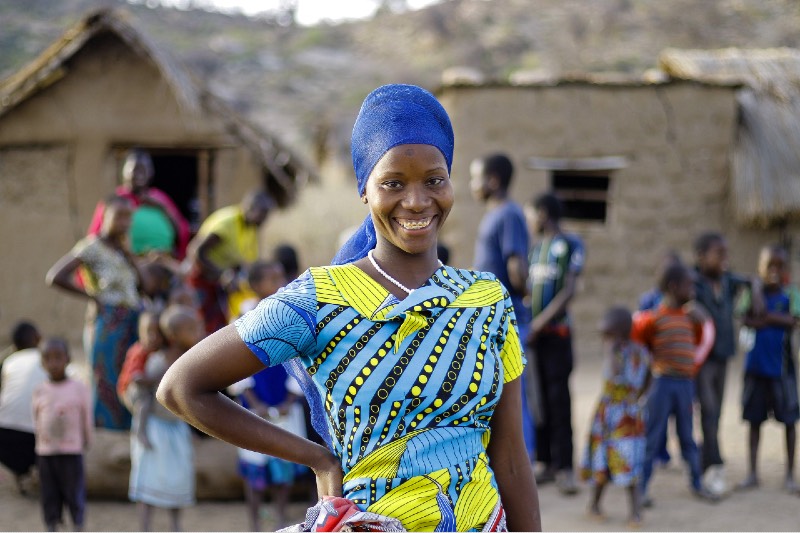
INTERNATIONAL
- Kirsty Robertson
- 09 March 2021
11 Comments
Empowering women and girls is also one of the most cost-effective and sustainable ways to promote positive change in a community, whether here in Australia or overseas.
READ MORE 
-
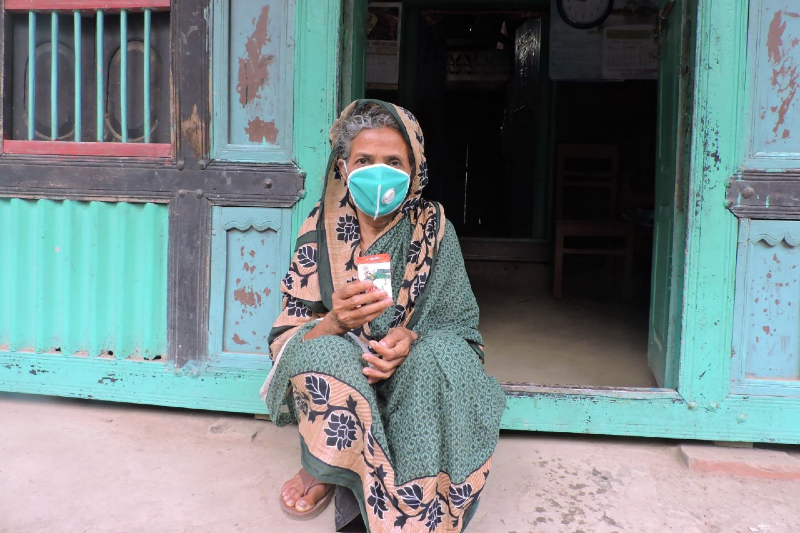
INTERNATIONAL
- Kirsty Robertson
- 20 October 2020
7 Comments
This Budget is a missed opportunity. It was a chance for the government to do something radical, to make real and defined impacts. Instead, we’ve increased funding for some regions, but at the cost of some of the most marginalised populations in the world, who have experienced years of discrimination, poverty and displacement.
READ MORE 
-
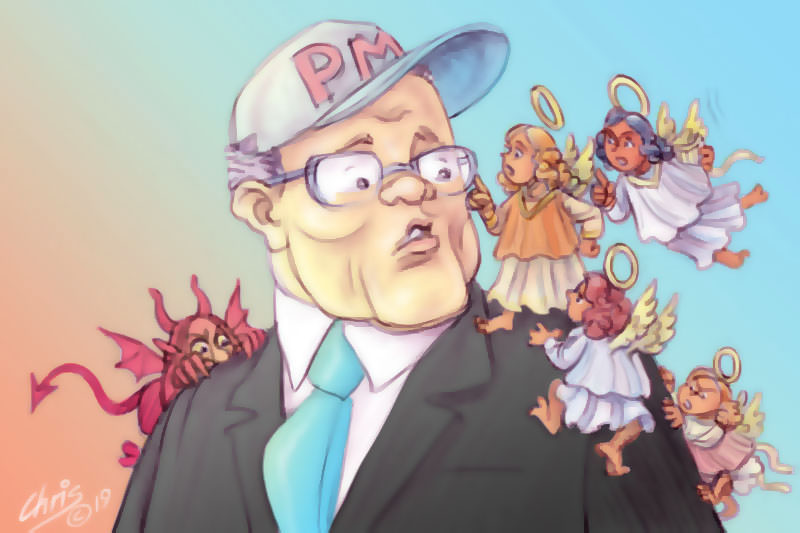
RELIGION
- John Warhurst
- 31 May 2019
14 Comments
The church has something in common with both sides of politics because the Catholic community has a split political personality. Its range of concerns is so broad that they are addressed in various ways by different political parties. It wants to make an impact on government, but it is always highly unlikely that it can have it all.
READ MORE 
-
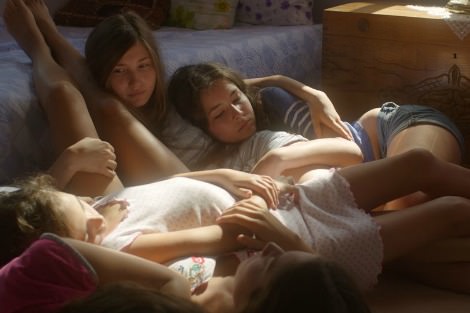
ARTS AND CULTURE
- Tim Kroenert
- 14 December 2016
3 Comments
Amid the noise of Batman battling Superman, the Avengers turning against each other, and middle aged fanboys whingeing about the Ghostbusters franchise being revitalised with an all-female lead cast, 2016 has actually been a pretty solid year for movies, both in and outside of Hollywood. We haven't had time to see them all (we have a magazine to publish, after all) but nonetheless here is a list of our ten favourite films reviewed in Eureka Street this year.
READ MORE 
-

ARTS AND CULTURE
- Tim Kroenert
- 21 September 2016
1 Comment
At a Sydney school, a group of teenage refugees come together to share their stories, first with each other, and then with their friends and families via a live theatrical performance. Treehouse Theatre is run by three dedicated teachers, who facilitate the sharing, and help transform the children's stories into scripts that can be performed. Their stories are yet another reminder of the human cost of conflict, and of policies that exclude and further traumatise those who are fleeing from it.
READ MORE 
-

RELIGION
- Frank Brennan
- 27 November 2015
2 Comments
'The crisis of child sexual abuse in our societies has required that our institutional procedures be more transparent and that we learn from the ways of the world in exercising power openly and justly. This means we have to restructure some of our church arrangements so that power is exercised accountably and transparently. All of us who have positions of influence and power in institutional churches need to be attentive to the voices of those who have suffered within our institutions.' 'Discerning the place for the prophetic voice and pragmatic cooperation of the churches in the great moral questions of the age', address to the Association of Practical Theology in Oceania conference, 26 November 2015.
READ MORE
-
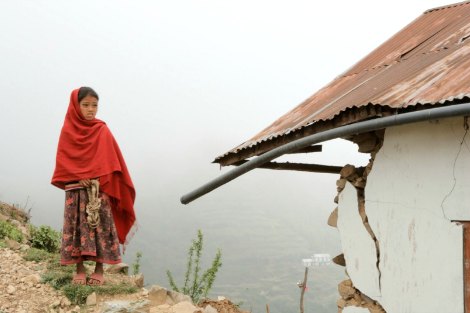
AUSTRALIA
As a kiwi I had grown up with earthquakes. I remember them large, small and intrusive. Awed by their power, I cherished the still that followed. This is what made Nepal’s second major earthquake so different for me. I will never forget the beginning of the 7.3-magnitude quake, but will never recall the end.
READ MORE 